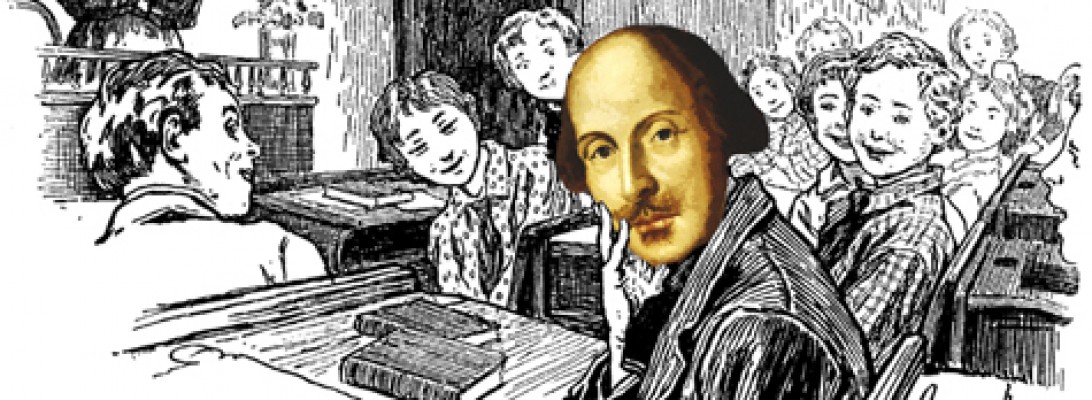




Movie Pitch
All’s fair in love and war? Not in ancient Troy, where the selfish prince Paris has abducted the Greek Queen Helen, and plunged his country into a 10-year war. It’s even harder for his little brother Troilus who is trying to woo the Trojan Cressida. This bittersweet romance will make you realize that war makes love hard to take, and harder to make.
My Two Cents
- To some degree, this play is intentionally bad. Before Shakespeare came along, Homer was the gold standard of poetry, and the story of Troy with its saga of Greek and Trojan kings and generals was the supreme example of writing and poetry. Shakespeare knew that any attempt to out-do Homer would never work, (sort of like if I asked you to write a better play than Hamlet). Because of this, Shakespeare doesn’t try to tell the story better, but to warp it, satirize it, parody it. It works for the story of the Trojan War the same way Lego Star Wars works for Star Wars.
- With the exception of Hector, Ulysses, Pandarus, Troilus and Cressida, and of course Thersites, the characters are somewhat parodies of themselves; Agamemnon is a long-winded blowhard with an enormous ego, Achilles is basically emo (which is why it was glorious to see Alan Rickman play him), and Nestor is a doddering old coot.
- Cressida is the most interesting character in the play Not since Richard III has Shakespeare painted such an unblinking look at how war inevitably hurts women the most. Cressida’s father does a prisoner exchange trading his daughter’s life to save his own. Arguably her father is a bigger pimp than Pandarus ever was. She therefore is an unwinnable situation where she must betray Troilus to save her own life. Diomedes makes it clear in no uncertain terms that he is going to rape Cressida if she doesn’t agree to sleep with him willingly. Cressida does what she must, no matter her feelings towards Troilus. I wonder if Shakespeare looked at this tragic and fascinating woman and decided to give her her own play a few years later: Antony and Cleopatra.
Contemporary Parallels
- Troy obviously the movie Troy is based more on Homer’s Illiad, but it does retain Shakespeare’s cynicism over the story and removes any pretense that the war is being fought over glory or honor, or anything other than the Greek’s lust for money and vengeance. Plus, like Shakespeare, the Greek gods are nowhere to be found in this version.
- Every Vietnam movie ever.
- The current crisis in Ukraine. Though Putin claims he’s “de-Nazifying” Ukraine, his purpose is to conquer the land that (in his mind) is his. Meanwhile, the Greeks don’t really care about Helen. None of them even mention her by name. The Chorus makes it clear that Agamemnon’s goal is “To ransack Troy.” Reclaiming Helen is just a flimsy excuse. Also, like many of the Russians who are taking part in this war, the other Greeks like Ulysses and Achilles don’t really want to destroy Troy, they’re just afraid of what Agamemnon will do to them if they refuse to fight for him.
General Data
Title: Troilus and Cressida
Playwright: William Shakespeare
Year Written: approx. 1603
Source: The Illiad by Homer (c. 342 BC), and Chaucer’s Troilus and Criseyde, c. 1380.
Genre: Jacobean Tragedy: Prose/ Verse
Play Data
Structure: Five Acts, 26 scenes, 2,636 lines (uncut)
Setting: Troy
Characters: 30 characters 23 male characters, 4 female characters, plus Servants, Soldiers, and a Chorus
Characters
Video
Concepts-
- The cruelty of men in war
- love doesn’t last, especially in war
- Men confuse millitary power with virility all the time.
Sources–
- Homer: The Illiad, c. 800 BC
- Geoffrey Chaucer: Troilus and Cressyde, c 1380.
Production History
https://www.rsc.org.uk/troilus-and-cressida/past-productions/troilus-and-cressida-timeline
Course Hero Study Guide/ Infographic:
https://www.coursehero.com/lit/Troilus-and-Cressida/

